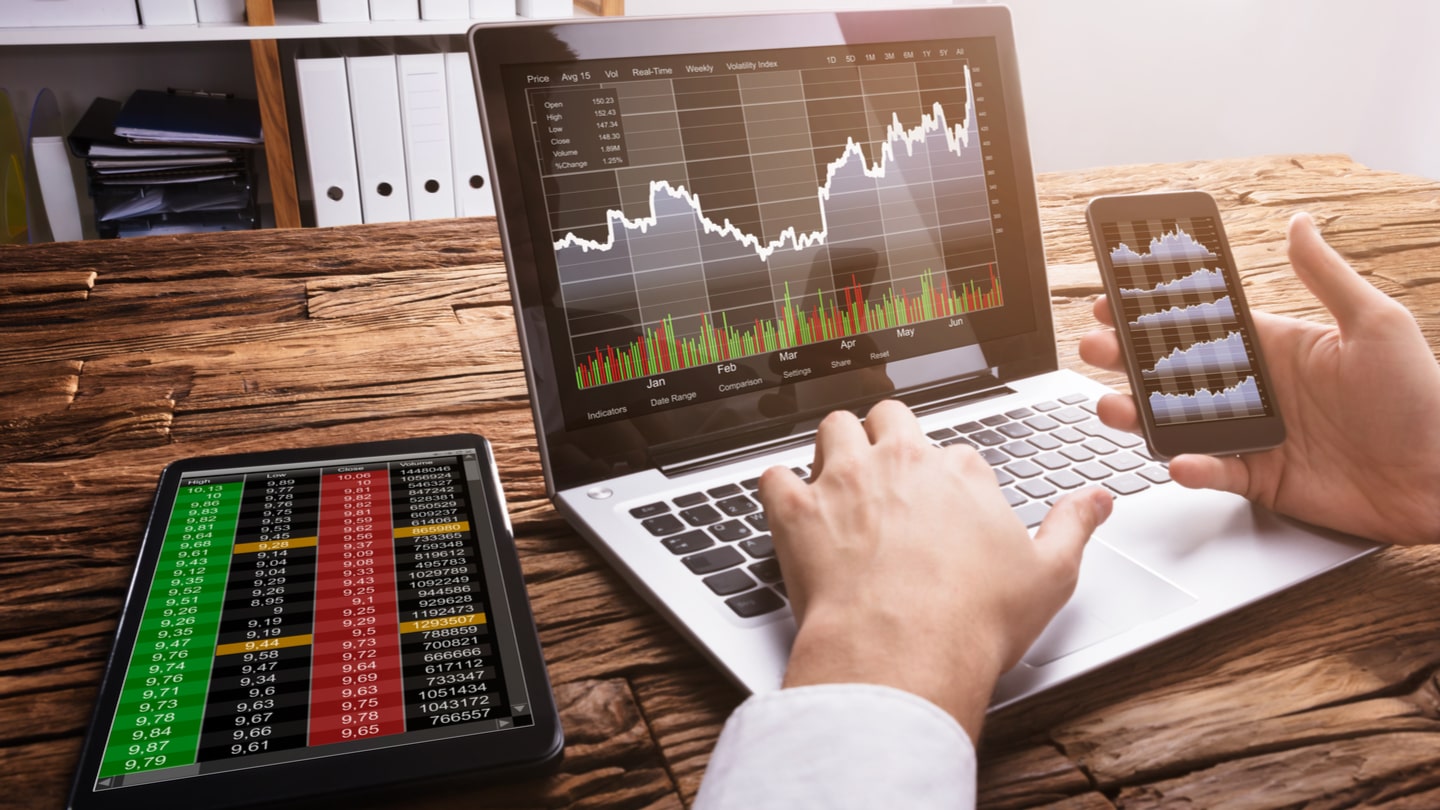[dropcap]T[/dropcap]o trade forex, you need a broker. Forex brokers facilitate the process by providing a trading platform. This is where you buy and sell foreign currency. Retail forex brokers cater to individuals rather than corporates and investment banks. In this article, we are going to discuss the things you need to consider when searching for a forex broker.
Is the Broker Regulated?
Any company providing financial services should be regulated. In the UK, brokers are regulated by the Financial Services Authority (FSA). In the US, the regulatory authority is the National Futures Association. Regulatory bodies in other countries include the Financial Services Board (FSB) in South Africa, the Australian Securities and Investments Commission (ASIC), and the Cyprus Securities and Exchange Commission (CySEC).
Check that any forex broker you use is regulated by the appropriate authority.
There can be a lot of money involved when you start trading forex, so you need to know that your trading account is secure at all times. Well-known forex brokers spend a lot of time and effort on making their trading platforms secure and regulated brokers are more secure than unregulated ones.
What are the Fees?
All forex brokers charge a fee for their services, so if you want to have a go at forex trading, it is a good idea to search for a broker whose fees are transparent and affordable. Transaction costs are payable for each trade you make. Check what these are before you open a forex South Africa, USA, or UK account.
How Easy is it to Deposit and Withdraw Your Money?
You would be forgiven for thinking that all forex brokers make it nice and easy to deposit and withdraw money. After all, it’s your cash, right? Wrong. Often, it is surprisingly difficult to move money into and out of a trading account.
Good brokers facilitate a seamless deposit and withdrawal process. Check this before you open an account. Customer reviews are a good place to start.
What Trading Platform Does the Broker Offer?
The main trading platforms you’ll see are MT4 and MT5, but some brokers offer their own in-house trading platform. If you are new to forex trading, MT4 is easy to use and intuitive. It has all the tools you need to get started and is very user-friendly.
Check what tools the trading platform offers. Look out for charts and other technical analysis tools. Does the platform give you all the information you need to make profitable trades? If it doesn’t, go back to the drawing board.
Customer Service
Excellent customer service is very important. You need to know that there is someone available if you have a problem. Good brokers have great after-sales support. They don’t abandon their customers when things go wrong. Look for a broker that offers a range of customer support options, including telephone support so you can speak to a real-life person rather than a chat-bot.
Take your time when choosing a forex broker. Read reviews, chat to people on forums, and open a demo account before you deposit any money.







